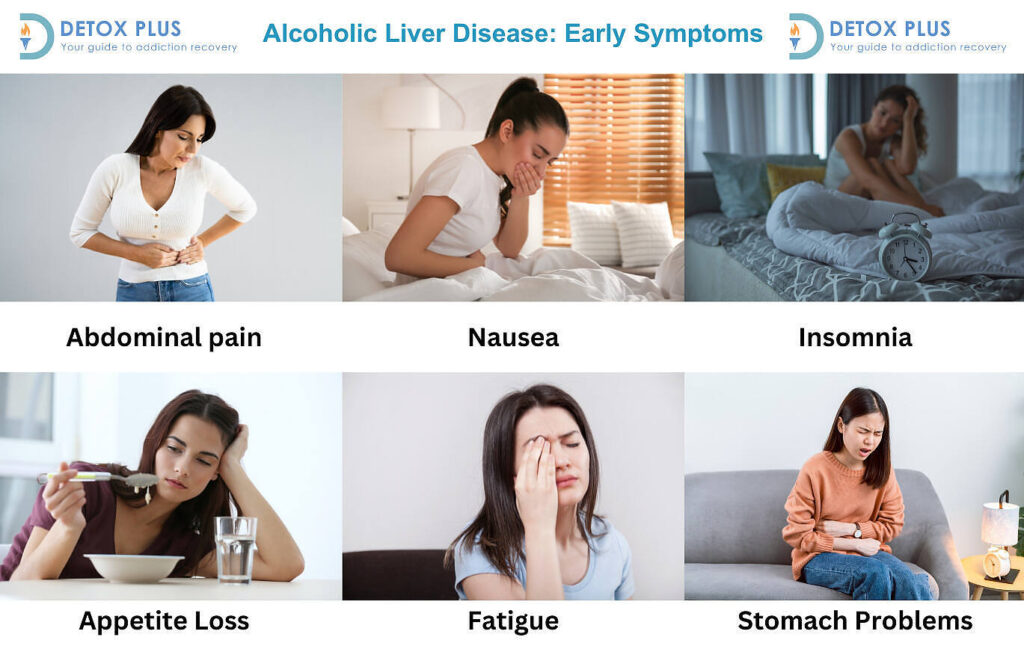For most people, there is nothing wrong with having a drink from time to time, but how do you tell when someone becomes an alcoholic?
If you have been working all week, you may be looking forward to a beer at the weekend or, if you are having a party, relaxing with friends and loved ones.
A large proportion of the population consumes alcohol to unwind. It is reported over 50% of adults over 16 in the UK have at least one drink every week,k and most people don’t mind alcohol if taken in moderation for a social occasion.

However, what do you do if you are concerned a person close to you may be drinking to excess? You suspect they are drinking past ordinary consumption and showing signs of alcoholism. It can be difficult to judge, but you should be able to recognise the tell-tale signs of alcoholism if you think they have an issue.
Common symptoms of alcohol abuse
It is only human nature to try and conceal the fact you may have a problem. But if you have a feeling they may be drinking too much, then keep an eye out for the clues. For instance, when you talk to them, do they slur their speech?
Have you noticed them suddenly having problems with balance, coordination or motor skills? Perhaps newly discovered issues with memory and concentration? Do they appear confused,d and have you noted a change in their personality? Are they raising their voice, talking more than usual,l and losing their inhibitions? Do they have glassy or bloodshot eyes, and can you smell alcohol on their breath? These are just a few of the indicators a person may be intoxicated.
Are they constantly preoccupied with drinking and only seem to think about going to the pub? Do they find it difficult to control their drinking, consuming alcohol regularly? Do they experience alcohol cravings, and are they unable to stop once they have started, although it may be detrimental to their health? Have they experienced blackouts and displayed aggressive, erratic, or even violent behaviour?
Here is a story from39-year-oldd nursing sister Jea,n who approached Detox Plus UK for help. Jean spent 28 days in alcohol rehab more than two years ago. Enabling her change in fundamental thinking, she has made changes, finding newinterestst and connections. She has opened uptoo a new awareness with the understanding that her alcohol addiction was all about loss after loss; sobriety is now all about gain after gain. She still keeps in touch – she is now four years and five months sober in recovery.
Her Story
“I inadvertently found myself addicted to alcohol, meaning I never set out to become a problem drinker; no one does. I now know the reasons why I became an alcoholic. More importantly, I knew I had a problem, but I did not see the solution. Detox Plus UK provided me with a solution, and more importantly, they showed me how to work it.
I thought because of my profession as a nursing sister who had worked in addiction wards that, if I knew about this problem, the staff at the clinic would learn from me. How wrong I was; my treatment period was not just about my alcohol problem; although that was my primary problem, a large part of the treatment was surrounding all the other issues that made me turn to alcohol.
Apart from the CBT, heart math, anxiety and stress management training, I benefited greatly from the life re-framing, re-alignment and direction.
I spent eight months on sick leave with depression, and this was fully certified by my GP as I lied to him and told him I only drank occasionally. I never told him I was drinking two bottles of wine most evenings and more on weekends and holidays. I told myself I never had a problem as I never drank in the morning or during the day at work. What nonsense! My attitude and application to work were severely affected. This had been going on for many years. Time flies quickly when you are sedated. I was shown by my counsellors and key workers precisely what alcohol is: a registered poison, toxin, mind-altering, mood-altering and sedative, anaesthetic and, most relevant to me, a depressant. Ban,g the light went on; I wonder how many people in the UK, K after lying as I did to their doctors,s are diagnosed with depression and continue to drink alcohol, what a mixture.
Well, the drinking is now over, and I genuinely feel like a re-born person. My spark of enthusiasm has returned along with my self-esteem, self-worth and confidence. One of the most important things I learned was true honesty, and I practised that when I visited my GP to tell him I wanted to be signed off. It was difficult, but I told him the whole truth about my drinking. He was delighted, and he told me how much easier his job would be and how much more he could help people if people were honest. However, he did understand the stigma and lack of understanding surrounding the alcohol problem.
I genuinely feel better every day, as if the enormous weight that has stunted my personal growth and life has been lifted. No more I will quit tomorrow. The mark of a person is how they rebound from a problem; I am now wearing that mark“.
Treating Alcoholism
If your friend or loved one is exhibiting any of these characteristics, it could mean they are abusing alcohol. However, if you are afraid their condition has turned into an addiction, then you should identify the hallmarks of physical dependency.
Have you observed their alcohol consumption affecting their relationships and work life,e and yet they continue drinking? Have you noticed it takes your friend or family member more time and a more significant amount of alcohol to become intoxicated, suggesting they have built up a tolerance to alcohol? They may be drinking alone and trying to hide it. Do they begin drinking early in the morning, keep on drinking,g and show the signs of withdrawal when they stop?
Have they allowed alcohol to take over their life? These are a few of the indicators you must look out for if you are concerned somebody close to you may have alcoholism.


